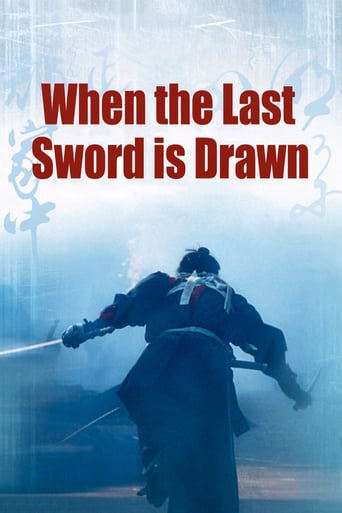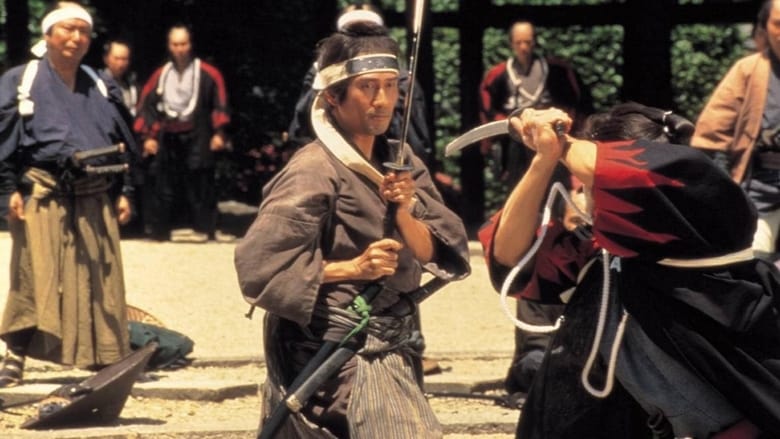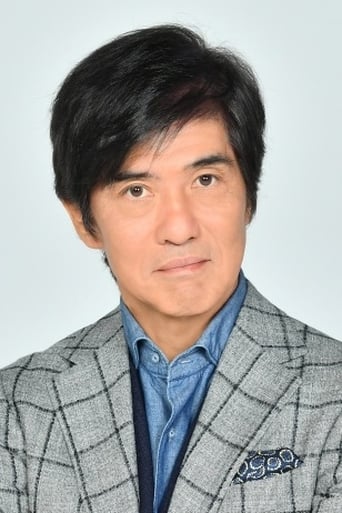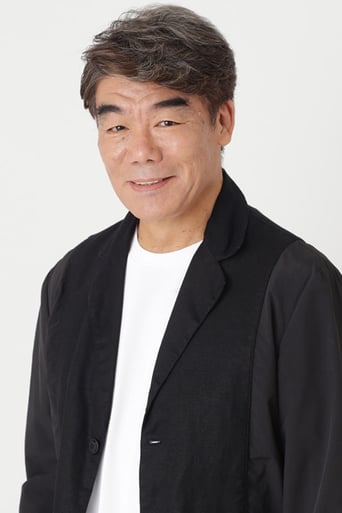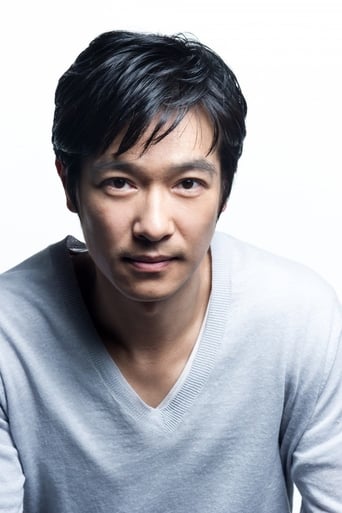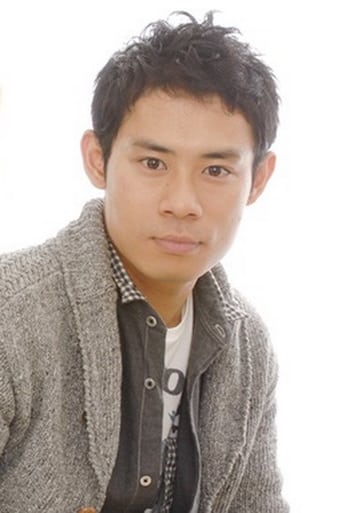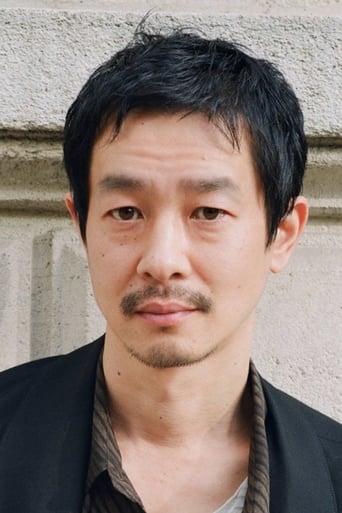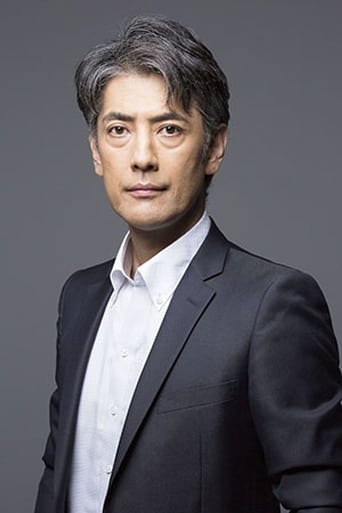Kanichiro Yoshimura is a Samurai and Family man who can no longer support his wife and children on the the low pay he receives from his small town clan, he is forced by the love for his family to leave for the city in search of higher pay to support them.


Similar titles
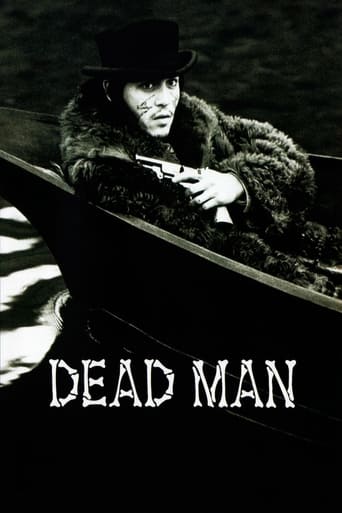
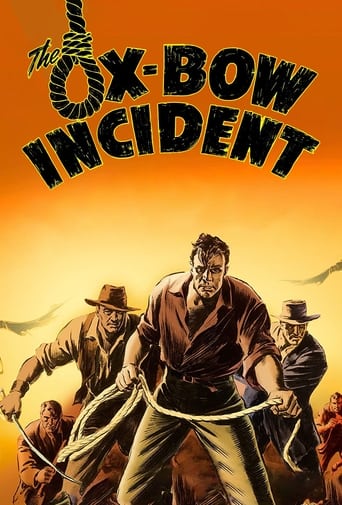
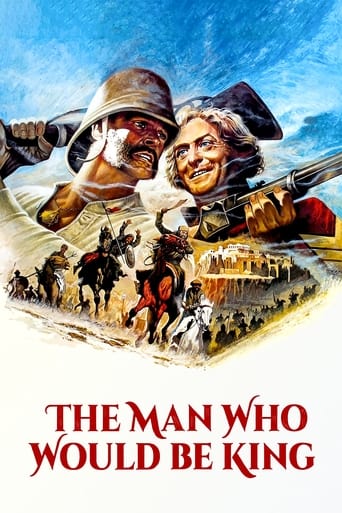
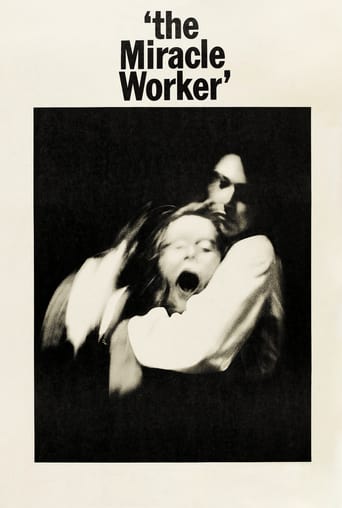
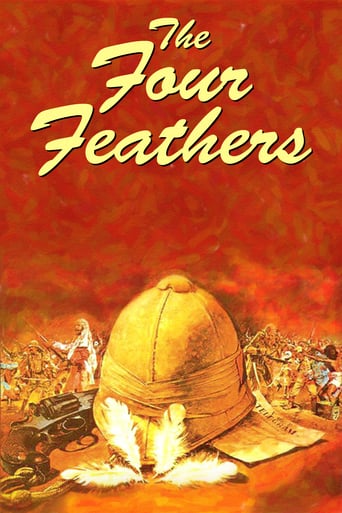

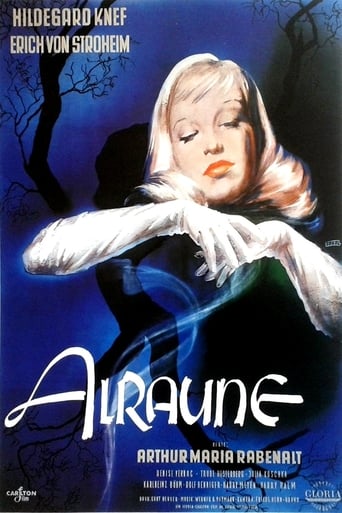
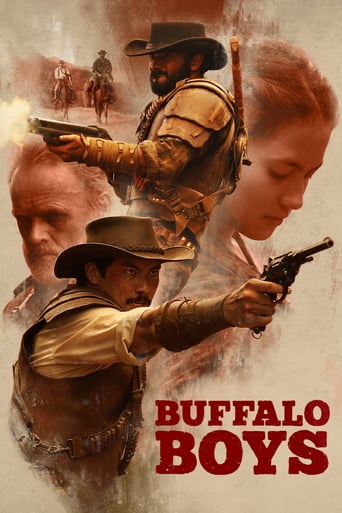

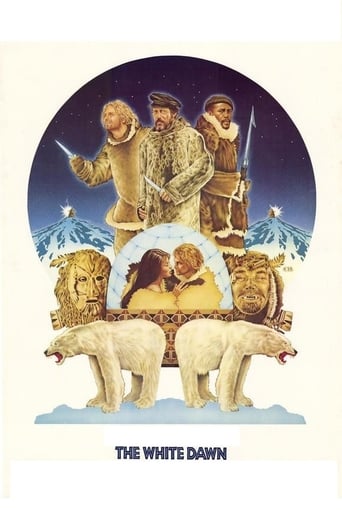
Reviews
When the Last Sword is Drawn is one of the more interesting depictions of Japan's last generation of samurai. However, this context immediately introduces a problem, because the Boshin War and its implications on Japanese society are not generally understood by non-Japanese audiences. Doctors moving to China, samurai being mowed down by primitive machine guns, the Emperor and the Shogun at war, people being tied to a clan or a 'land'? These elements all play a role in the story, and add to it, but a (superficial) knowledge of them is taken for granted by the director.The movie itself starts off well. The introduction of the characters, their motivations, and their places within the story are handled to-the-point in a series of tightly scripted and edited scenes that switch between present (1899), past and pre-past, so to speak. As the story unfolds, the relations between the characters develop along interesting lines, as motivations become more clear and emotions start to ramp up on all sides.After the Battle of Toba-Fushimi in January 1868, these emotions become somewhat problematic. The melodramatic scenes following this event are drawn out, repetitive and lack the focus and tightness of the first hour or so of the film. In the final sequences, the connection between the past and present is made, and while the 'surprise' did indeed make me grin, I'm not sure it was really necessary to take so long to build up to that one short moment.Nevertheless, this is a film well worth seeing. Kiichi Nakai is excellent as samurai Kanichiro Yoshimura, and Koichi Sato makes a convincing Hajime Saito. Takehiro Murata, Atsushi Ito and Yuji Miyake make for an interesting Ono family, and Sansei Shiomi and Masato Sakai are a great bunch of samurai. Yui Natsukawa isn't on screen for long, but portrays the difficulties of Shizu's position as the wife of the 'traitor' Yoshimura very well indeed. Finally, what's not to like about Miki Nakatani as Nui? Her story as an orphaned and traded-around girl is quite tragic in and of itself, and it was great to see Nui, as a woman, get involved in the main, male-dominated, series of events.
I cried for the last 45 minutes of the film.... I am a grown up man, but the tears wouldn't stopJust wanted to share this with you, before you watch this movieIf you want to watch sword fights, mighty battle scenes - there is something in this movie for you, too, but above all it is about love and duty. It is so strange how "Mibu gishi den" starts with artful swordsmanship and then at one point we get deeper into the souls of the main characters and from then on, although there will be many fierce battle scenes its all about the emotions and the battle within, the fire that drives the hearts to their destinyThe movie is shot well - we don't get to see much of a scenery, but it kind of got me closer to the characters, kept me following the story line, which is developed so well - I love stories where not all the action is focused on the main character, but now and then there are hints of the feelings and emotions of some of the lesser important characters too, almost invisible, but if you pay attention it pays back wellI guess, now that I recapitulate on the movie I can write a lot more about it, but - just watch it. It is a very good, I would say - important movie. After all the Chinese clichéd movies that followed "Tiger And Dragon", this Japanese movie is a beautiful gem, that everyone should enjoy10 out of 10peace and love
I saw this film a while ago, and thought that I should comment on it, now that it appears to have been "discovered" outside Japan.Many have critised Mibu Gishiden (When the Last Sword is Drawn), but I think that seeing the film from the POV of Japanese people might change their opinions.The film is very melodramatic, and manipulative, and perhaps if I didn't live in Kyoto, and work next to Mibu Temple (Yes, where the Shinsengumi (the Mibu ro) often were), I would also be more dismissive of this film. But I have seen Kyoto's fascination for the tragedy of the Shinsengumi, and their futile battle against an unstoppable chain of events. I have seen walked past pachinko palours where battles were fought, and ate in restaurants where people were killed, and sword marks still remain in beams of wood. I have ridden the subway, just a metre away from a crazy fan that only went outside when dressed and fully armed in true Shinsengumi fashion.Perhaps without all of this, I would have dismissed the film in favour of Yoji Yamada's films at the time, and also WTLSID is overly overdrawn. But it is the insight into history, and the exploration into the passions and lives of these historical characters that really makes the film memorable. See it if you can.
This movie is about an honest samurai who lived in an era of change in the Japanese tradition. Limitied by his clan's rights on him, he had to make a choice of scarifying his honor, or his family.Those few lines were put in a captivating sequence and outstanding act. The director, along with his cast, managed to meta-morph a humble story into an epic that made, even the infrequent fans of Japanese movies, tied to their seats. Not because of CGI or sound effects, rather, it was for the mere character and story development.There was about 15 minutes towards the ending where the story was stretched thin with some prolonged scenes. Nevertheless, this movie was packed with selfless love and courage.If haven't seen this movie, it is time to impress yourself. Just make sure that you have some idea about Japanese culture and history.
